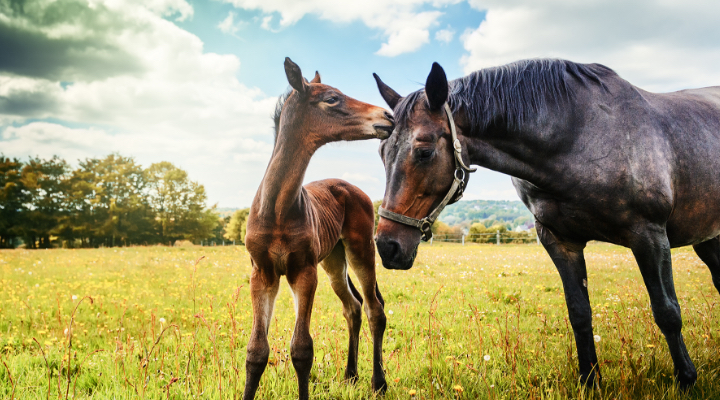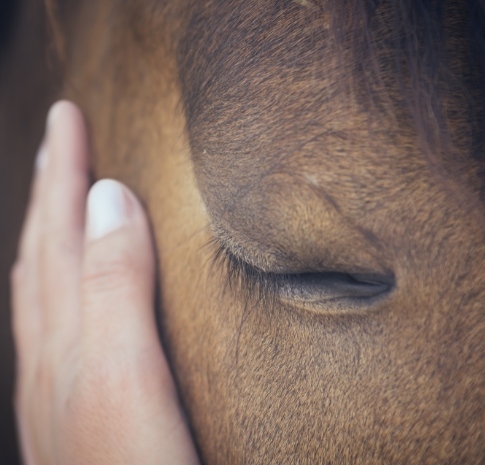Signs include2
- Diarrhoea – in its mild form, the foal may simply have soft faeces but, as the digestive system becomes damaged, the disease can progress until the foal has water-like diarrhoea
- Depression
- Dehydration, which if severe can result in death

